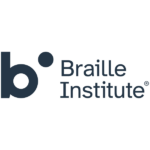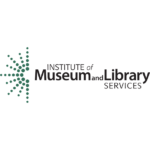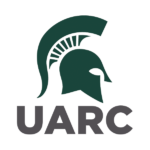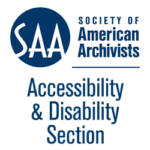Reimagining Access: Inclusive Technology Design for Archives and Special Collections
- Sustainable Development
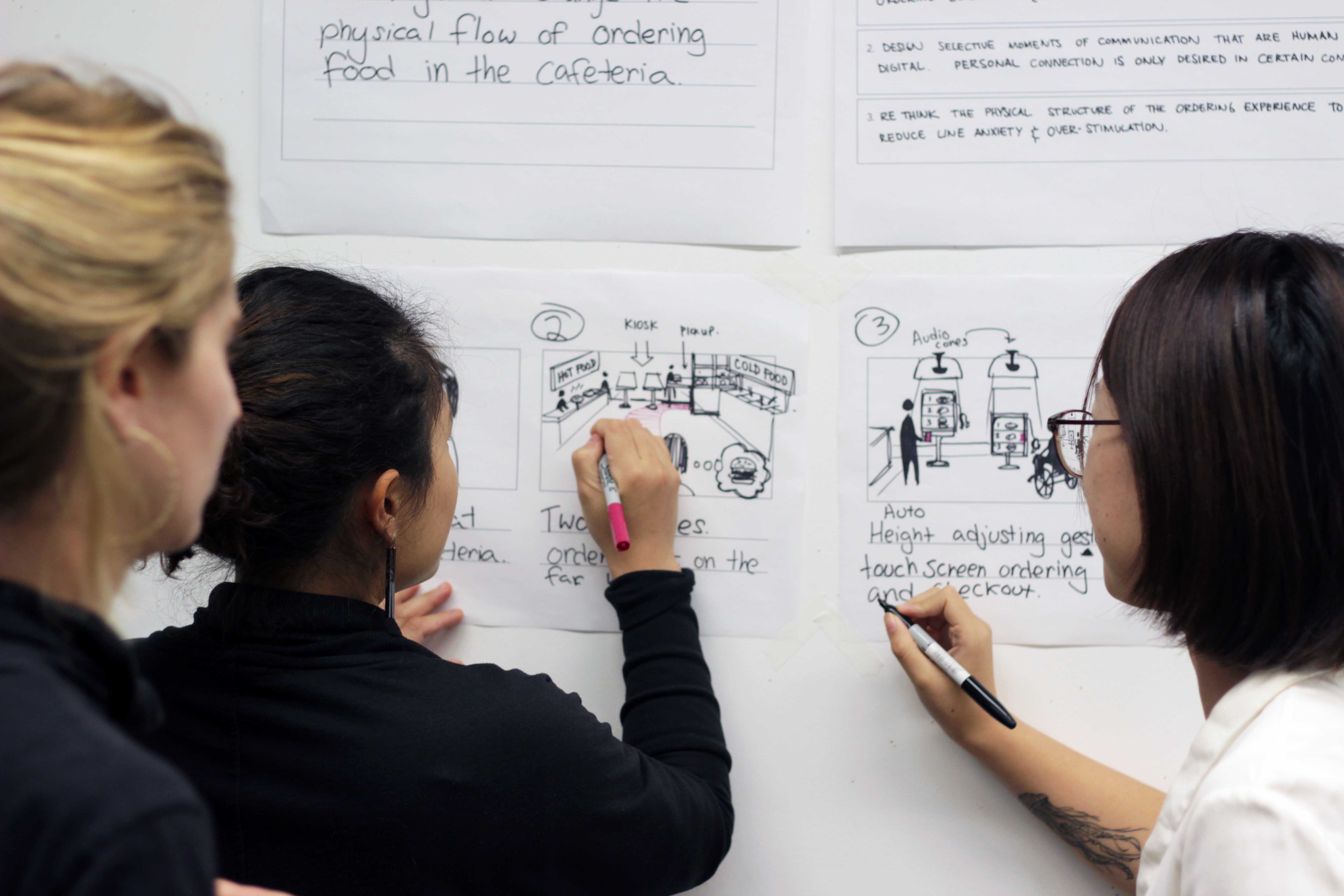
How can designers work with people with disabilities to improve the user experience and accessibility of digital technologies?
Thanks to a grant from the Institute of Museum and Library Services (IMLS), this Designmatters Studio co-hosted with Interaction Design, in the Spring of 2021, challenged ArtCenter students to incorporate human-centered design processes into innovative experiences accessing archival digital collections in ArtCenter Archives and Special Collections, which can eventually scale and expand into national guidelines.
Students explored the history and current reality of accessible design, from physical to digital accommodations; learning from experts and people with lived experience provided the students with real-world understanding in how designers co-create with people with disabilities to improve user experience of archives.
Students were immersed in existing and emerging technologies harnessed to improve accessibility to a wide range of disabilities. Through participation in an ArtCenter two-day symposium on accessibility, along with hands-on research, participatory interviews with those in the disability communities, working with archival professionals, and prototype creation, students began to deeply understand how designers are effectively shaping the digital accessibility landscape with creativity and imagination.
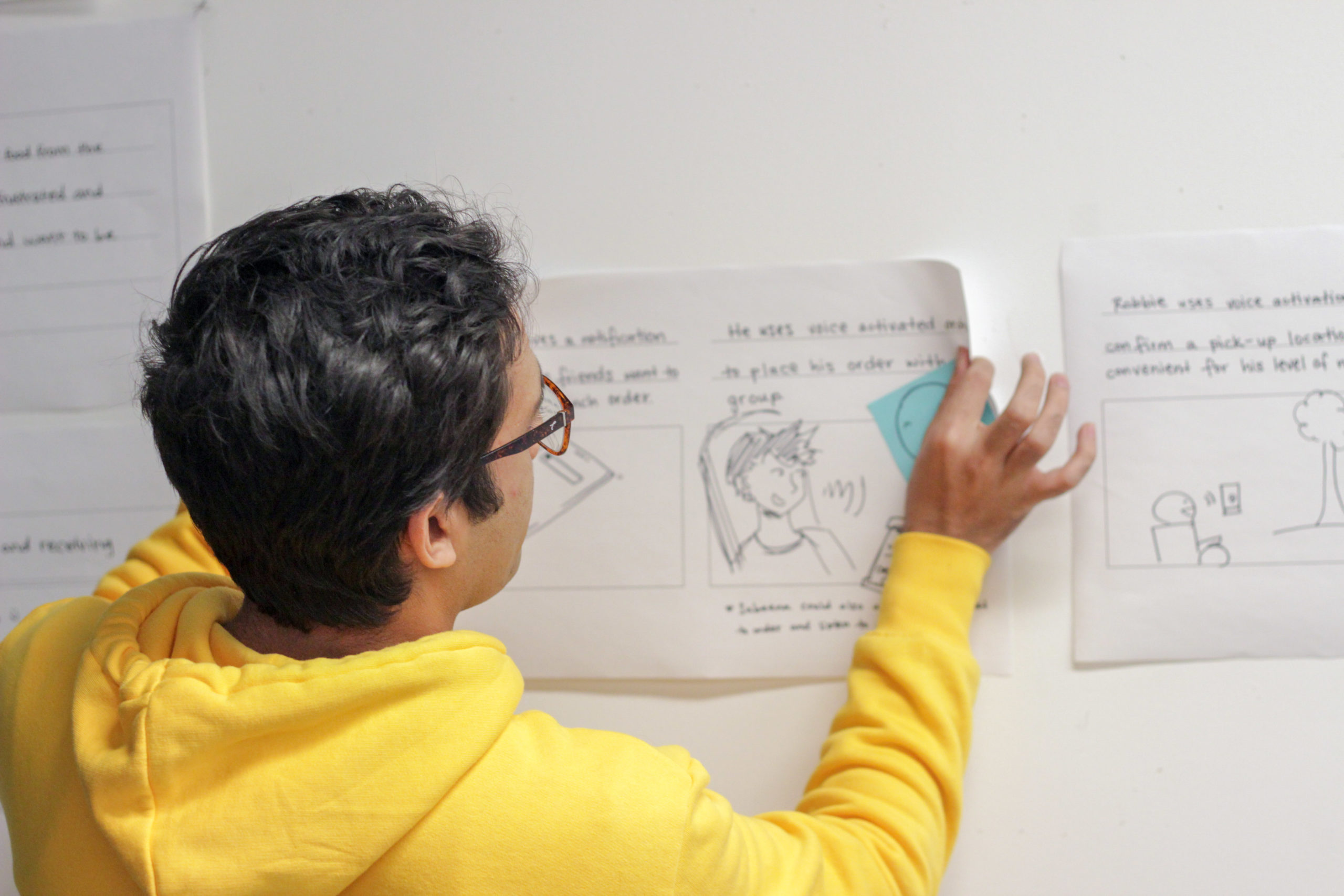
Archives & Special Collections
ArtCenter Archives and Special Collections is the official repository for the records of the College. Other special collections, such as photograph and manuscript collections, rare books, graduate theses, oral histories, and artist books are collected to help tell the stories of people and communities that shape the history of art and design.
For more visit our dedicated ArtCenter Archives page: https://archives.artcenter.edu
Interaction Design
The BS in Interaction program is committed to teaching students, through user-centered design how to make human-digital interactions useful, innovative and delightful. From mobile apps, websites and software to autonomous cars, VR, games and wearable tech, Interaction is at the heart of the digital user experience (UX)- what people think, feel and do. Our curriculum emphasizes core methods, tools and processes that prepare students to lead as new digital technologies emerge.
To learn more, visit www.artcenter.edu/interaction
About our Partners
IMLS:
This project was made possible in part by the Institute of Museum and Library Services. The IMLS is the primary source of federal support for the nation’s libraries and museums. The IMLS advances, supports and empowers America’s museums, libraries and related organizations through grantmaking, research and policy development. The IMLS vision is a nation where museums and libraries work together to transform the lives of individuals and communities. To learn more, visit www.imls.gov and follow on Facebook and Twitter.
The Braille Institute:
The Braille Institute is a nonprofit organization whose mission is to positively transform the lives of those with vision loss. Braille Institute serves more than 37,000 people through a variety of free programs, classes and services at centers and community outreach locations throughout Southern California – from Santa Barbara to San Diego counties!
MSU/UARC:
MSU Usability/Accessibility Research and Consulting (UARC) is a worldwide leader in conducting research to improve the experiences of a diverse range of users on websites, mobile apps, software, and other technologies. UARC works with clients from business, government, academia, and community organizations, and collaborates with faculty and researchers from a variety of disciplines on grants. UARC specializes in accessibility compliance evaluations against international standards, accessibility policy and strategy, and user experience methodologies, including usability evaluations, expert reviews, user focus groups, information architecture redesigns, and surveys.
Society of American Archivists Accessibility and Disability Section:
The SAA Accessibility and Disability Section is committed to being an inclusive community for people with disabilities and allies to learn from each other, share resources, and promote accessibility and disability representation across the archival profession. Founded in 2019, SAA Accessibility and Disability Section has accomplished a lot in a short time from being honored by an SAA Council Resolution by spearheading the Archivists at Home document, advocating for inclusive interviewing practices, and creating accessible education practices.
